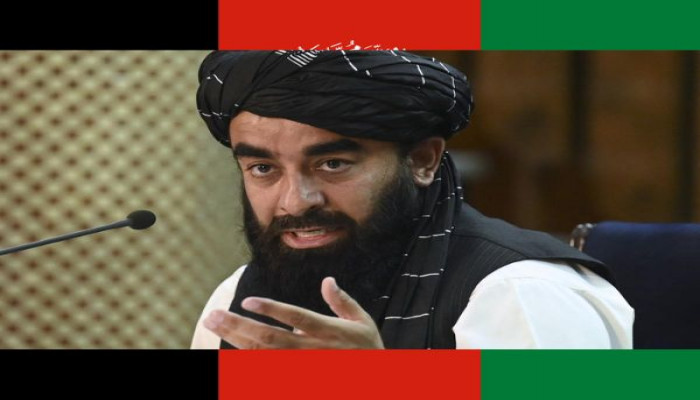Political instability in Afghanistan amid rumours of departure of senior Taliban leaders
- In Reports
- 06:53 PM, Feb 19, 2025
- Myind Staff
Afghanistan's Taliban regime is facing increasing instability, with rising violence and key ministers leaving the country amid internal disagreements. Recent gunfire outside the interior ministry in Kabul and reports of three senior leaders departing Afghanistan suggest deepening divisions within the ruling group.
On Wednesday, an incident of gunfire occurred near the Interior Ministry in Kabul, raising concerns about growing security tensions. At the same time, reports indicate that three senior Taliban officials—Interior Minister Sirajuddin Haqqani, Deputy Prime Minister Abdul Ghani Baradar and Deputy Foreign Minister Abbas Stanikzai—have left the country. Their absence has fueled speculation about whether they voluntarily went into exile or were forced out due to conflicts with Taliban Supreme Leader Sheikh Haibatullah Akhundzada.
Akhundzada has enforced a strict hardline rule, eliminating women’s education and personal freedoms, which has led to growing dissatisfaction among some Taliban leaders. Haqqani, Baradar and Stanikzai are believed to be part of a faction advocating for more moderate policies. Their departures highlight a growing rift between Akhundzada’s Kandahari faction and the powerful Haqqani Network.
Stanikzai openly criticised the ban on girls' education in a January event, calling it un-Islamic. His speech was seen as a direct challenge to Akhundzada’s authority, prompting an order for his arrest. Fearing for his safety, Stanikzai fled to the UAE.
Haqqani has reportedly been outside Afghanistan for a month, travelling first to the UAE and later to Saudi Arabia, signalling his growing dissatisfaction with Akhundzada’s rule. Similarly, Baradar has been in Qatar since early February, citing medical treatment.
This internal turmoil comes as relations between the Taliban and Pakistan continue to deteriorate. Pakistan has been frustrated over Afghanistan’s support for Tehrik-e-Taliban Pakistan (TTP), an insurgent group responsible for numerous deadly attacks inside Pakistan. Border tensions between Afghanistan and Pakistan have also escalated in recent months, adding to the instability.
The simultaneous departure of three key leaders, ongoing leadership disputes, and rising violence indicate a deepening crisis within the Taliban regime. The power struggle between Akhundzada’s hardline faction and Haqqani’s moderate wing could determine the future direction of Afghanistan’s leadership. If the divisions persist, the Taliban’s ability to maintain control may further weaken, leading to greater internal and regional instability.







Comments